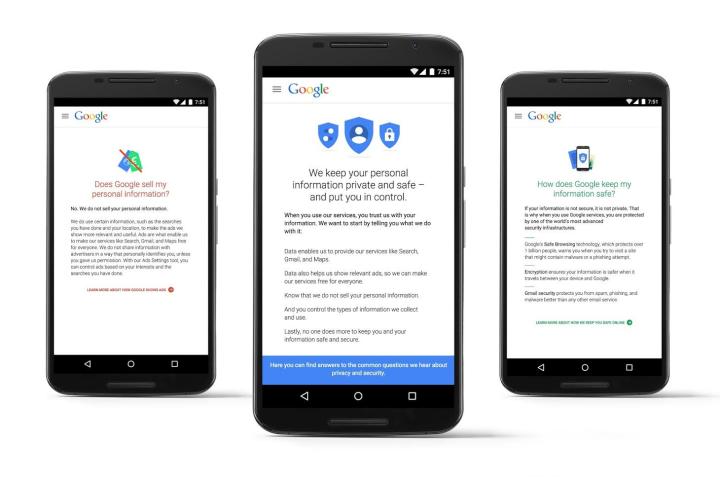
When the tech giant released its new “My Account” feature on Monday, users were surprised to learn that spoken inquiries as well as text searches were archived by the site. According to Google, having these records of your voice helps the search engine better recognize your cadences and speech patterns, thereby providing more accurate results and answers to your questions. But as helpful as these practices may be in theory, they’re still a bit creepy.
The good news is that in revealing its archiving practices, Google has also given users the option to opt out of this storage process, so if the thought of Google keeping recordings of your voice for months (and perhaps even years, as it’s currently unclear how long these records are kept) on end is too much to handle, you can politely ask them to stop. And if you’d like to monitor your history of voice recordings to see just how curious you were over the last few months, you can go to the “Voice and Audio Activity” section of the “My Account” feature.
Of course, Google is not the only company to store and learn its users’ voices. Apple’s famous Siri also keeps these recordings on file for up to two years, which helps the program learn users’ habits, both in terms of the types of questions they ask and the way in which they ask them. Microsoft’s Cortana similarly stores information in order to “learn about you.”
So don’t be alarmed by how well your computer knows you. After all, if you feel it getting too close, you can always hit the reset button.


